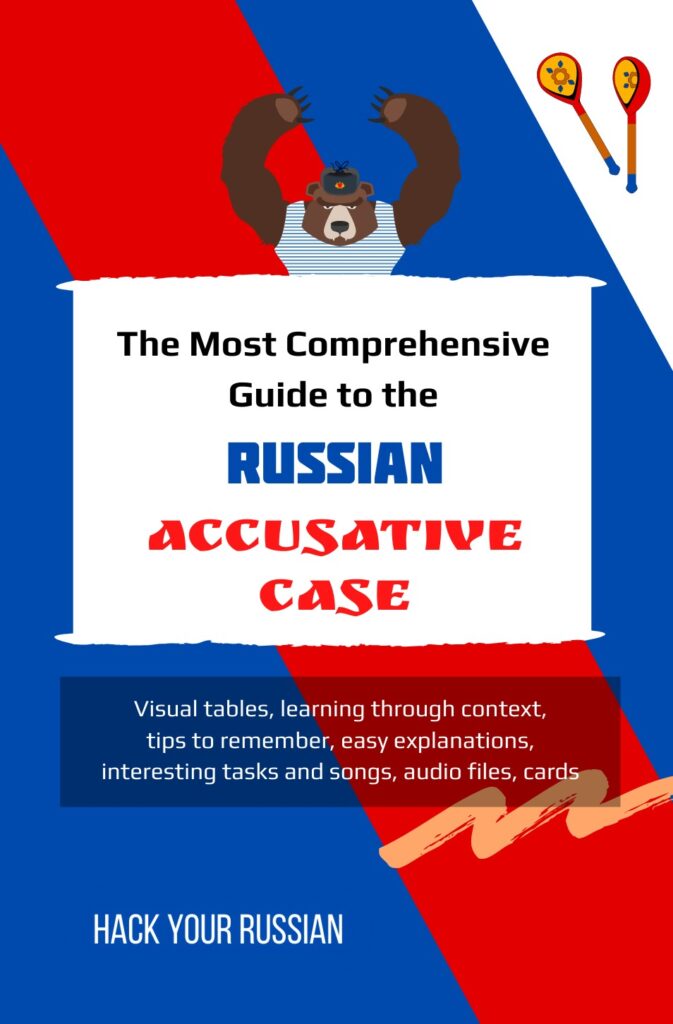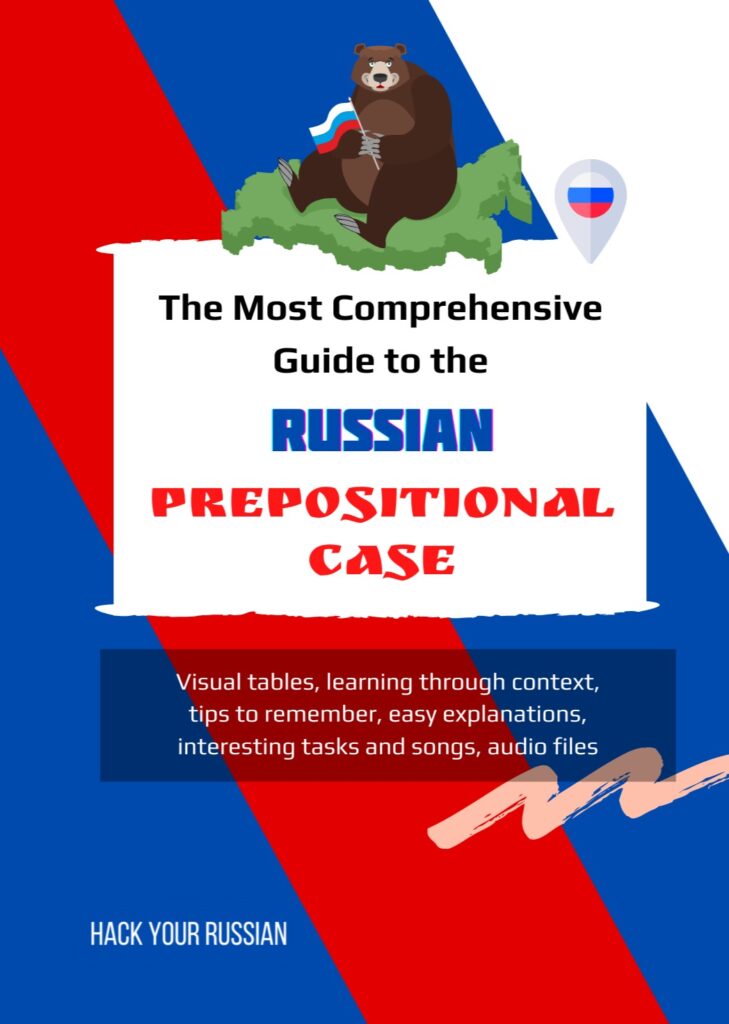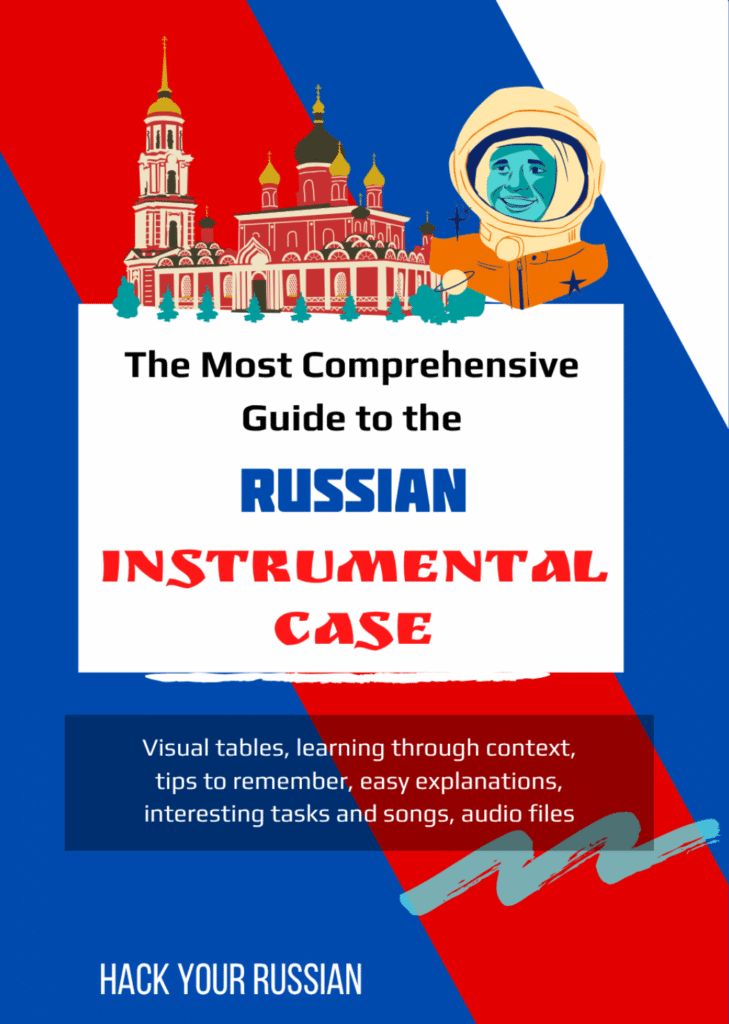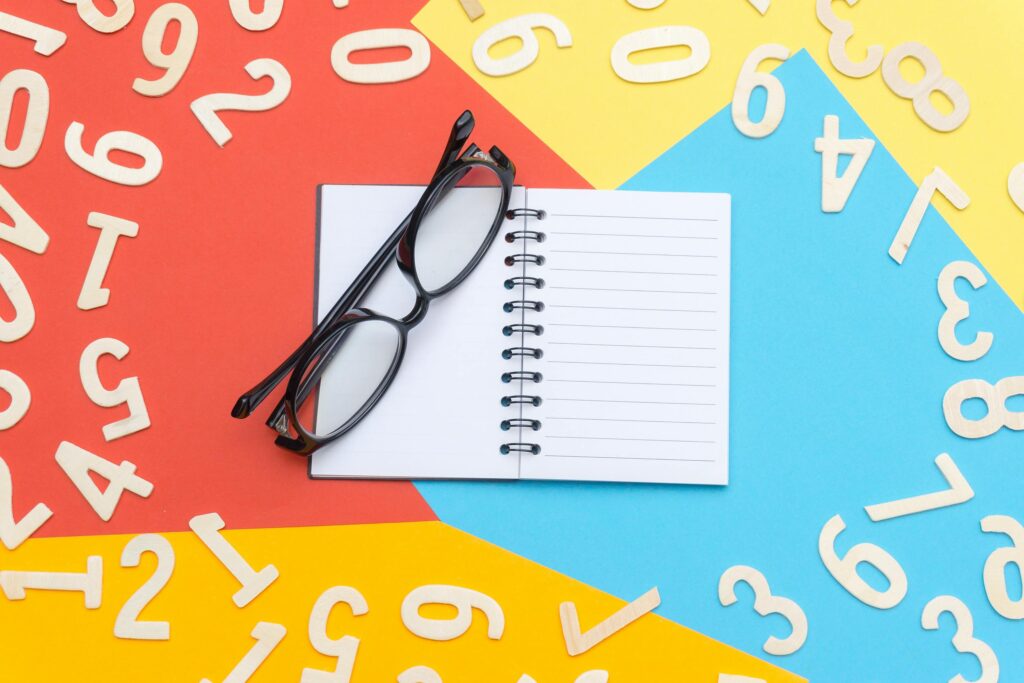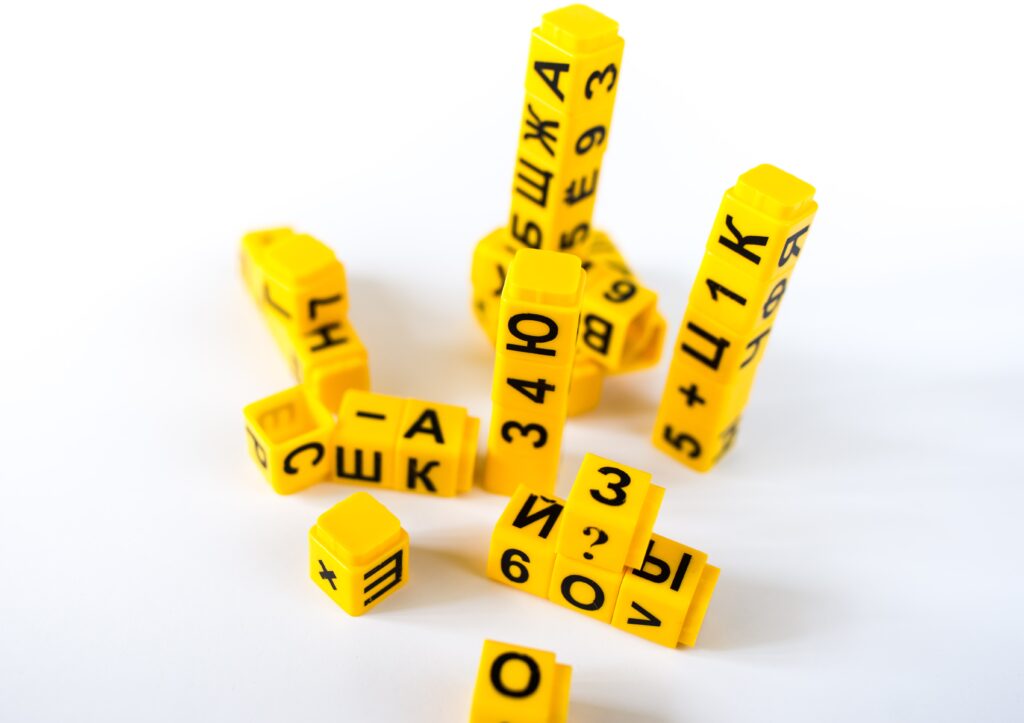It is very important to learn various ways to greet in Russian if you want to understand better Russian mentality, to discover interesting Russian expressions and their origin, and to distinguish formal, semi-formal, informal and colloquial ways to say “Hello” in Russian.
Greeting in Russia is as important as in France. It is polite to say hello to shop assistants and service workers. So, if you don’t want to be seen as impolite, it is better to learn the most common phrases to say hello in Russian like здравствуйте (Yes, I know, it looks scary and it is difficult to pronounce even for Russian natives).
Watch this video, learn new expressions and test yourself. The script of the video with the quiz is right under the video.
Here is what you are going to learn from this post (click for a quick access):
- Formal ways to greet in Russian;
- Semi-formal ways to greet in Russian;
- Colloquial ways to greet people in Russian;
- Informal ways to greet in Russian;
- Russian slang words to greet people in Russian;
- Idiomatic ways to greet in Russian;
- Check yourself on different ways to say ‘hello’ in Russian.
Free Russian Video Lesson – “Different ways to say Hello in Russian”
Here is a list of different ways to say Hello in Russian:
Formal ways to greet in Russian:
1) Здрáвствуйте [zdrástvuite] – Hello
Can be used with:
– Officials (police, social workers);
– Other types of service workers (cafe, shops);
– Elderly people (respect);
– Colleagues, boss (depends on organization).
Semi-formal ways to greet in Russian:
1) До́брое у́тро [dóbraye útra] – Good morning
Used in the mornings until 12 pm
Can be used with:
– Friends and family members;
– Colleagues;
– Strangers (officials, workers, etc.)
2) Дóбрый день [dóbryi dyen’] – Good afternoon
Used starting from 12 pm
Can be used with:
– Friends and family members;
– Colleagues;
– Strangers (officials, workers, etc.)
3) Дóбрый вéчер [dóbryi vyécher] – Good evening
Used in the evenings starting approximaly from 6 pm
Can be used with:
– Friends and family members;
– Colleagues;
– Strangers (officials, workers, etc.)
Colloquial ways to greet people in Russian:
1) Здрáсте [zdrás’te] – Hello
Used a lot orally as it sounds less formal than Здравствуйте
Don’t use it in written speech.
Can be used with:
– Colleagues;
– Strangers (officials, workers, etc.)
Try to avoid using this greeting for official meetings and presentations
ЗДРАСТЕ also can be used as an ironic way to say that you are:
– Surprised
Здра́сте, заче́м ты э́то сде́лал? (Why have you done it?)
– Perplexed
Здра́сте, и что мне тепе́рь де́лать? (What am I supposed to do now?)
ЗДРАСТЕ is often used with a word “приехали” (arrived):
– Sarcastic way to show your surprise
Здра́сте, прие́хали! Ну и заче́м ты э́то сде́лал? (Oh, really? And why have you done this?)
Informal ways to greet in Russian:
1) Здра́вствуй [zdrá-stvui] – Hello / Hi
It is rather an informal Russian greeting and one of the forms of ЗДРАВСТВУЙТЕ
It is rarely used in speech nowadays.
Can be used to address acquaintances and persons you don’t know well.
Instead of ЗДРАВСТВУЙ, it is better to use a word ПРИВЕТ with young people and people you know well.
2) Привéт [pri-vyét] – Hi
It is the most popular informal greeting
Can be used with:
– Friends, family members, groupmates;
– Good acquaintances;
– Neighbours of your age or younger;
– Colleagues of your age or younger;
– Children
In a group of people of your age it is more natural to use informal greetings like привет.
Russian slang words to greet people in Russian:
Здорóво / здарóва [zda-ró-va] – Hey
It’s a slang greeting usually used by men. English equivalent = Hey man!
Used mostly by men. Women can use it as well but it sounds rude.
Don’t address it to women, officials and elderly people.
Idiomatic ways to greet in Russian:
1) Каки́е лю́ди [ka-kiye lyú-di] – That’s you
Used when one unexpectedly meets a friend, a family member or a close acquaintance.
Can also be used as a sarcastic way to show that you are surprised to see somebody.
2) Кого́ я ви́жу [kagó ya vizhu] – Look who is here
Used when one is surprised to see a person (can be ironic).
Can be addressed to a friend, a family member, a close acquaintance, colleague.
3) Ско́лько лет, ско́лько зим [skól’ka let, skól’ka zim] – Long time no see.
Used when one hasn’t seen a person for a really long time.
Can be addressed to a friend, a family member, a close acquaintance, colleague.
4) Кака́я встре́ча! [kakáya vstrécha] = What a lucky meeting!
Used when one is surprised to see a person (unexpected meeting).
Can be used with:
– Friends;
– Family members;
– Close acquaintances;
– Colleagues.
5) Каки́ми судьба́ми? [kakimi sud’bámi] – What brings you here?
One can use this phrase when he or she wonders what somebody is doing at a particular place.
Can be used with:
– Friends;
– Family members;
– Close acquaintances;
– Colleagues.
6) Как я рад тебя́ ви́деть [kak ya rad tebyá videt’] – How happy I am to see you
To show how happy you are to see somebody (can be said with sarcasm)
Can be used with:
– Friends;
– Family members;
– Close acquaintances;
– Colleagues;
– Other acquaintances.
If you have recently started to learn Russian language, you should absolutely have my free guide ‘Essential Russian Words and Expressions to Understand Spoken Russian’.
It’s also very important to know how to pronounce Russian words correctly as not every Russian letter is pronounced the same way as it’s written. There are certain Russian pronunciation rules that are really easy to learn.
If you wish to speak Russian, you should absolutely learn how to use Russian cases. Check the most comprehensive guides to Russian cases:
